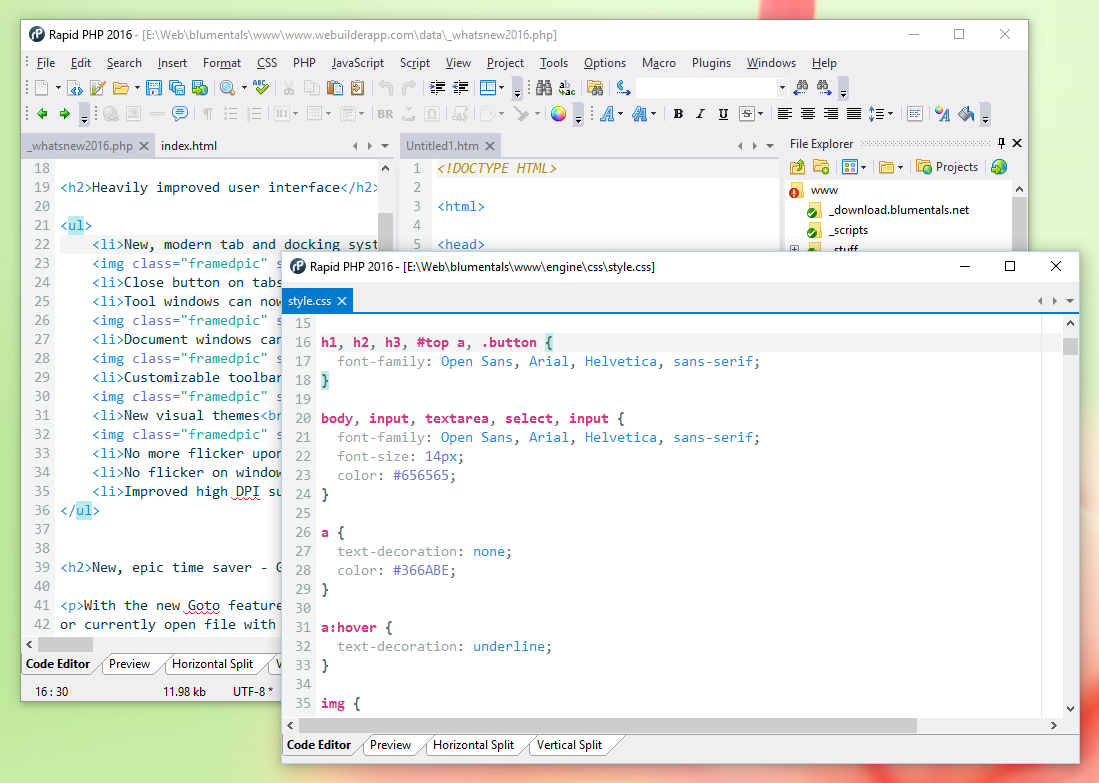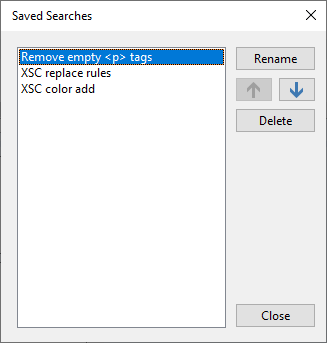

In situations where we don’t need to operate on the data, we can pass file data from one file to another. If we need to work on the data, generators are probably the best way. Generators have other uses, but this one is demonstrably good for performant reading of large files. I’ve already written about the performance boosts of using generators and Nikita Popov’s Iterator library, so go check that out if you’d like to see more! In this case, the largest chunk is 101,985 characters. The methods we’ll use to see how much memory is used are: // formatBytes is taken from the php.net documentation memory_get_peak_usage ( ) function formatBytes ( $bytes, $precision = 2 ) require "memory.php" Īny guesses how much memory we’re using now? Would it surprise you to know that, even though we split the text document up into 1,216 chunks, we still only use 459KB of memory? Given the nature of generators, the most memory we’ll use is that which we need to store the largest text chunk in an iteration. In the end, I want you to be able to make an educated choice. We’ll implement a couple of optimization strategies and measure those too. We’ll look at how much memory is used in “traditional” scripts. For Windows, consider using the Linux Subsystem, so you can use top in Ubuntu.įor the purposes of this tutorial, we’re going to measure memory usage. If that’s the area you want to focus on, consider using something like top, on Ubuntu or macOS. It’s impractical to measure CPU usage inside PHP.

In traditional PHP architecture, these generally become a problem when either one reaches the limits of the server. In an asynchronous execution model (like with multi-process or multi-threaded PHP applications), both CPU and memory usage are important considerations. How much memory does the script take to execute? These are often inversely proportional - meaning that we can offload memory usage at the cost of CPU usage, and vice versa. How fast or slow is the process we want to work on? The second is memory usage. In other words, unless we know how much a “solution” helps us (if at all), we can’t know if it really is a solution or not. The only way to be sure we’re making any improvement to our code is to measure a bad situation and then compare that measurement to another after we’ve applied our fix.


 0 kommentar(er)
0 kommentar(er)
